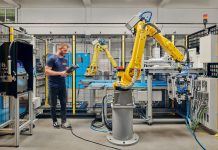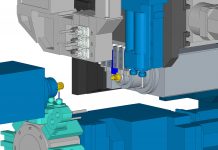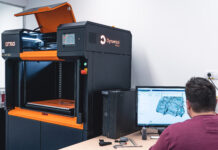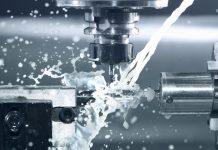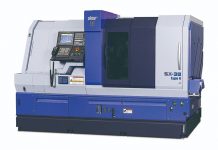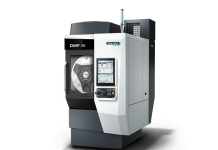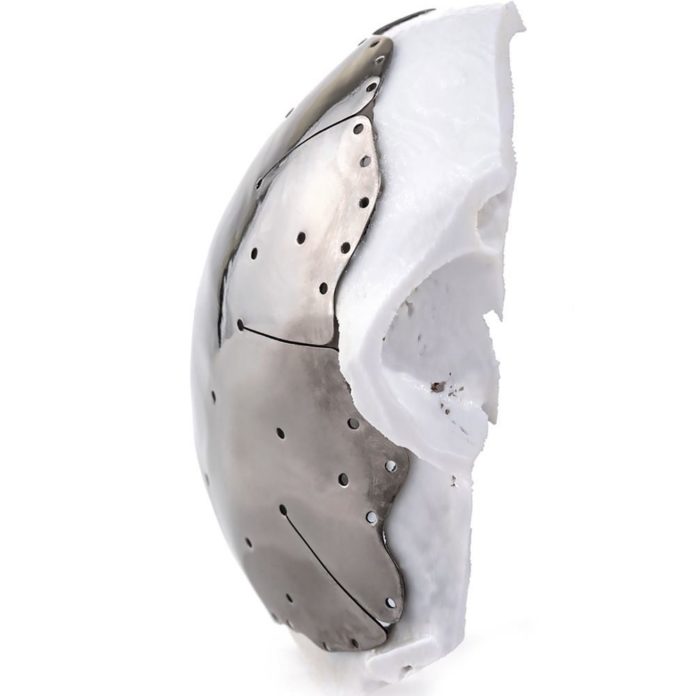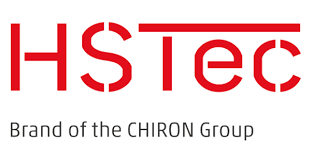Renishaw has announced a collaboration with the teaching University Dental Hospital of Wales. The two are collaborating on the production of implants.
Global engineering technologies company Renishaw is collaborating with University Dental Hospital of Wales (UDH), Cardiff, to help overcome some of the challenges associated with surgical implants. UDH has previously used Renishaw’s additive manufacturing (AM) services to manufacture a series of dental products, including cobalt chrome frameworks. However, the hospital has also been using AM to produce custom maxillofacial implants and surgical guides.
By using custom-made devices, hospitals can reduce surgery time considerably as, unlike standard ‘off the shelf’ implants, each device is designed to fit the patient. Standard implants may need modifications or the patient’s surrounding bone may need extra trimming for the device to fit.
Not only is this highly likely to improve patient experience and reduce the risks related to extended time under anaesthesia, but it can also save significant time in surgery and therefore cost. By using AM to produce a wider range of implants, UDH is bringing these benefits to its patients and staff.
AM for production of implants
“AM allows hospitals to achieve high precision when producing implants,” explained Ed Littlewood, Marketing Manager of Renishaw’s Medical and Dental Products Division. “By collaborating with Renishaw, UDH can develop their maxillofacial implants further, seeing improvements with each case and helping a wider range of patients and surgeons across different departments.”
“Several hospitals are reaping the benefits of additive manufacturing in implant production,” explained Roger Maggs, Senior Chief Dental Technologist and Head of Dental Technology Services at UDH.
“We have the advantage of having worked with Renishaw for three years in the dental field. This has put us ahead of the game and in a position where we can now start thinking about producing more unique designs that will benefit our surgeons.
“The staff at UDH are also benefitting from the partnership,” continued Maggs. “The team are involved in every stage of the development of new technologies for medical applications, including inputting CT data and making and manipulating digital models ahead of surgery.
It is admirable that our staff are at the forefront of the latest medical technology. This fact has enabled the evolution of some very talented technologists, such as Luke Maxwell and Paul Clark, who must be considered leaders in this technology.”
UDH treats 100,000 patients per year and acts as a teaching hospital for Cardiff University’s School of Dentistry. It is the only teaching dental hospital in Wales and provides unique and important leadership in dental research, teaching and patient care.






